Abandon not the infinite ocean of bliss and happiness that knows no end but is itself the end of the road.
More

Abandon not the infinite ocean of bliss and happiness that knows no end but is itself the end of the road.
More
You are the consciousness which is the witness of all the drama, watching in amusement as the ego plays its games,
More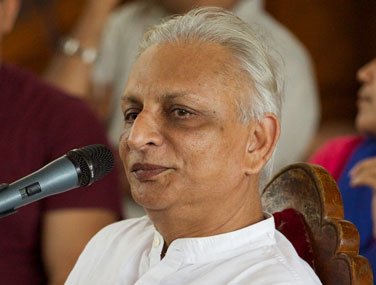
Has this wonderful complex world come about by accident? Or is there a Supreme Intelligence behind all these happenings
More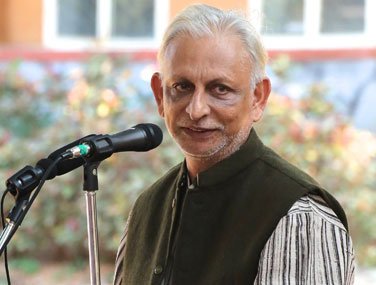
Don’t let intellectual arrogance destroy your being. Think carefully for you are merely prejudiced.
More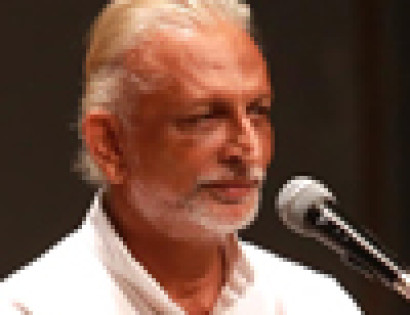
We have the same troubles. We have the same problems. We have the same jealousies. We have the same anger.
More
You cannot really classify spiritual progress into any category and say logically that you can go from step 1 to step 2,
More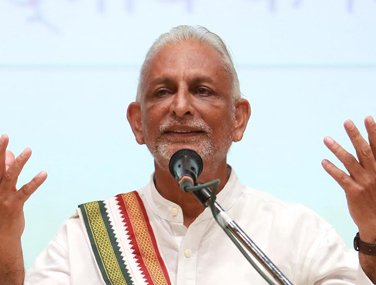
Keep the jewel in the lotus of your heart clean and pure – don’t allow anything to sully it !
More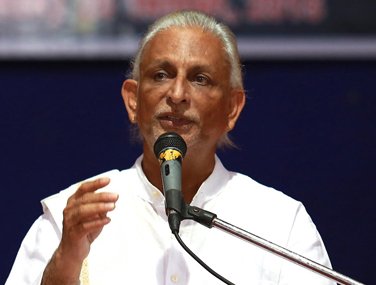
A real temple is a place where people are served. It is much more than a place where they light lamps.
More
Happiness is not attainable by acquiring and gathering. It is attained by being good and ‘letting go!’
More
Devotion is a feeling that wells up in the heart, where you cannot differentiate another person from yourself.
More
When you serve a less fortunate person – either materially or spiritually – you are not doing him or her a favour.
More
How long can you desire something after another? You have a house; you have a steady income, good enough. There is no limit to desires.
More
Inherent oneness of humanity can be understood only through internal examination when we look into our minds.
More
Sorrows and shortcomings, the cares of this world, do exist certainly but who doesn’t have them?
More
For hours – day in and day out – if we tell lies, how can we search for the Supreme Truth? We have to start with what
More